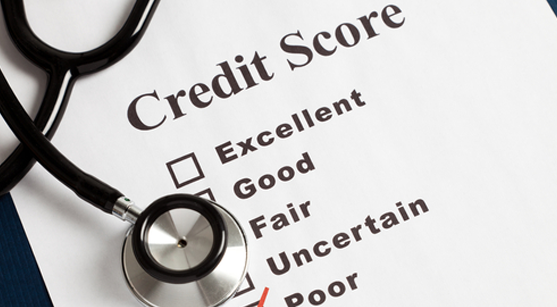India is still one of the countries that believe in saving for a rainy day rather than living largely on credit. Thanks to the money saving tips passed on by our elders to us, we are familiar with different saving and investment options. There are, however, times when you must rely on someone or an institution for financial aid.
In the past decade, lending institutions have made a number of lending policy changes that affect us directly. Apart from the usual changes in interest rates and closure formalities, they have also strictly started following a credit check routine.
What does this check involve?
When you understand how the check works, you will also perceive the credit score meaning. Credit scores are a measure of how reliable you are as a re-payer or borrower. Whether you are taking an electronic gadget on a short-term loan basis or you are building a house worth a crore, the moment you approach a lending or finance institution, they will try to find out what your credit score is. Ranging from 300 to 850, a credit score of 720 and above is supposed to be excellent while a score between 600 and 720 is considered moderate. Anything lesser than that; you run the risk of not being able to get any type of credit.
Credit scores and ratings have been popular in the Western countries so far and have recently made an entry in the Indian market. Managed by CIBIL in our country, the credit score is based on the following factors:
- How promptly you repay you loans and credit commitments. Any late payments affect your score negatively.
- The number of credit commitments you have – an excess of this and you may not be eligible for any further credits.
- The duration of your credits – if a loan has been on-going for a very long time and there have been payment issues in the meanwhile, you are not considered a safe risk.
- The ratio of the amount of debt you owe and your income at any given time (known as the debt to income ratio)
- Any bills that are paid at the end of a beginning cycle – post paid bills.
There were days when sufficient ID and address proofs and employment details were sufficient to get a loan. Now-a-days, even if you have an excellent track record with private lenders and do not have a good or any credit score, all your financial transactions do not improve your credit worthiness. So while it is important to have some amount of credit and to manage them wisely, it is also important to note that all of them are being recorded by several rating and monitoring Government bodies and you must be careful about keeping a good track record to have a good credit score.
If there are any further tips you require about scores and how they can be improved, there are several agencies that can easily help you with such tips and help you make your life financially secure.
Tagged: credit score meaning



Leave a comment